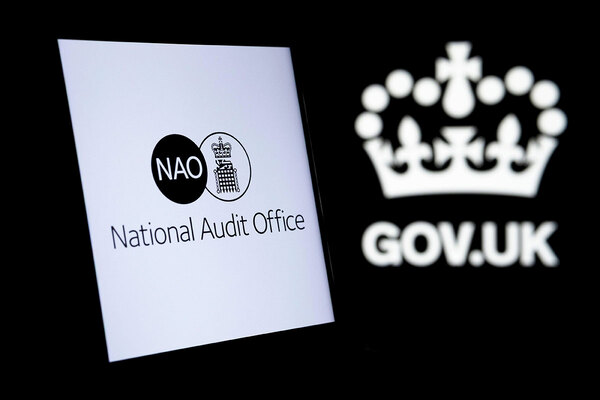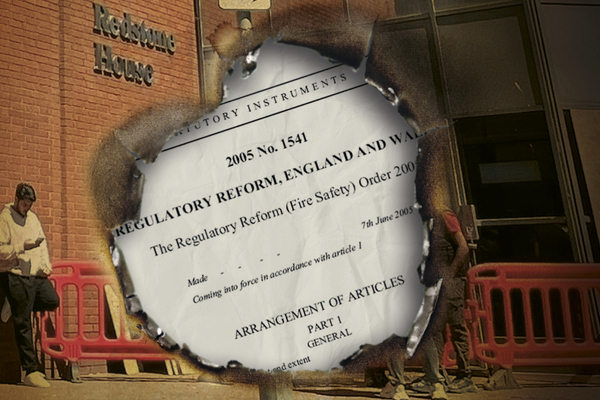County court rules landlord cannot force entry for gas safety inspections
A county court has ruled that a landlord cannot force entry into a tenant’s home to carry out safety inspections without explicit statutory authority.
In a case involving Southern Housing, district judge Philip Cridge at Bromley County Court considered a request from the landlord to vary an existing injunction requiring a tenant to allow access for a gas safety inspection.
The defendant either refused access or was abroad, and Southern sought to include a clause which would permit forced entry, arguing that enforcement through contempt proceedings would not guarantee compliance with gas safety regulations and ensure the safety of the tenant and his neighbours.
The tenant holds an assured tenancy. This grants tenants strong statutory protections against eviction and enhanced protections from unauthorised entry by the landlord.
Under an assured tenancy, landlords cannot enter the property without the tenant’s permission, except in circumstances explicitly authorised by law.
Southern Housing relied on provisions of the Civil Procedure Rules (CPR), claiming the court had jurisdiction to authorise entry without the tenant’s consent.
But the judge dismissed the application, emphasising that any power to enter a home forcibly must derive from express statutory authority or established common law, not procedural rules alone.
“Trespass into a home, including breaking a lock, is a tortious wrong and potentially a criminal offence,” the judge wrote.
He then highlighted the ancient heritage of tenant protections: “After all, if the King of England and all his force dares not cross the threshold into a citizen’s home, it is difficult to see how a judge can permit it in the absence of a law to that effect.”
The court concluded that forcing entry was not the same act as requiring a tenant to permit access and therefore fell outside the rule’s scope. Other procedural rules on inspection and case management were also held not to confer a substantive right to override a tenant’s exclusive possession.
Mr Cridge noted that authorising forced entry transforms the act required by the injunction from permitting access into a materially different act.
He stressed that courts cannot create new powers of entry under procedural rules alone and that such powers must originate in statute or established common law.
Historically, landlord access rights have been limited. Common law protects a tenant’s exclusive possession, with forced entry permissible only under explicit statutory schemes, such as eviction warrants following possession orders.
The ruling highlights practical challenges for landlords in meeting regulatory obligations. Gas safety inspections are legally required under the Gas Safety (Installation and Use) Regulations 1998. Without the ability to enforce access, landlords risk delays or non-compliance, potentially exposing themselves to regulatory penalties and creating safety risks for tenants and neighbours.
Southern Housing said in a statement: “We’re disappointed by the recent court ruling denying access for essential gas servicing at one of our homes. We sought access in line with our responsibilities as a landlord to uphold safety standards, obligations we take extremely seriously.
“This access is not only vital for the safety of the individual resident but also for the protection of neighbouring households.
“Judgments such as this are unhelpful and risk undermining the work we do to maintain safety in our homes.
“We, along with other social landlords, have previously lobbied the government to strengthen the legal framework that enables us to fulfil such safety obligations.
“While we’re currently reviewing the judgment and considering our position, it does not constitute binding precedent.”
Mr Cridge noted inconsistencies in County Court practice and suggested that guidance from a higher court would be desirable.
Giles Peaker, a solicitor at Anthony Gold, said: “I understand that permission was given for a leapfrog appeal to the Court of Appeal, if Southern Housing choose to appeal.
“This would clearly be important... It is unfortunate that this was a case where the tenant was not represented and did not appear. One would have to hope that this could change on any appeal.”
Sign up for our regulation and legal newsletter
Already have an account? Click here to manage your newsletters
Latest stories









